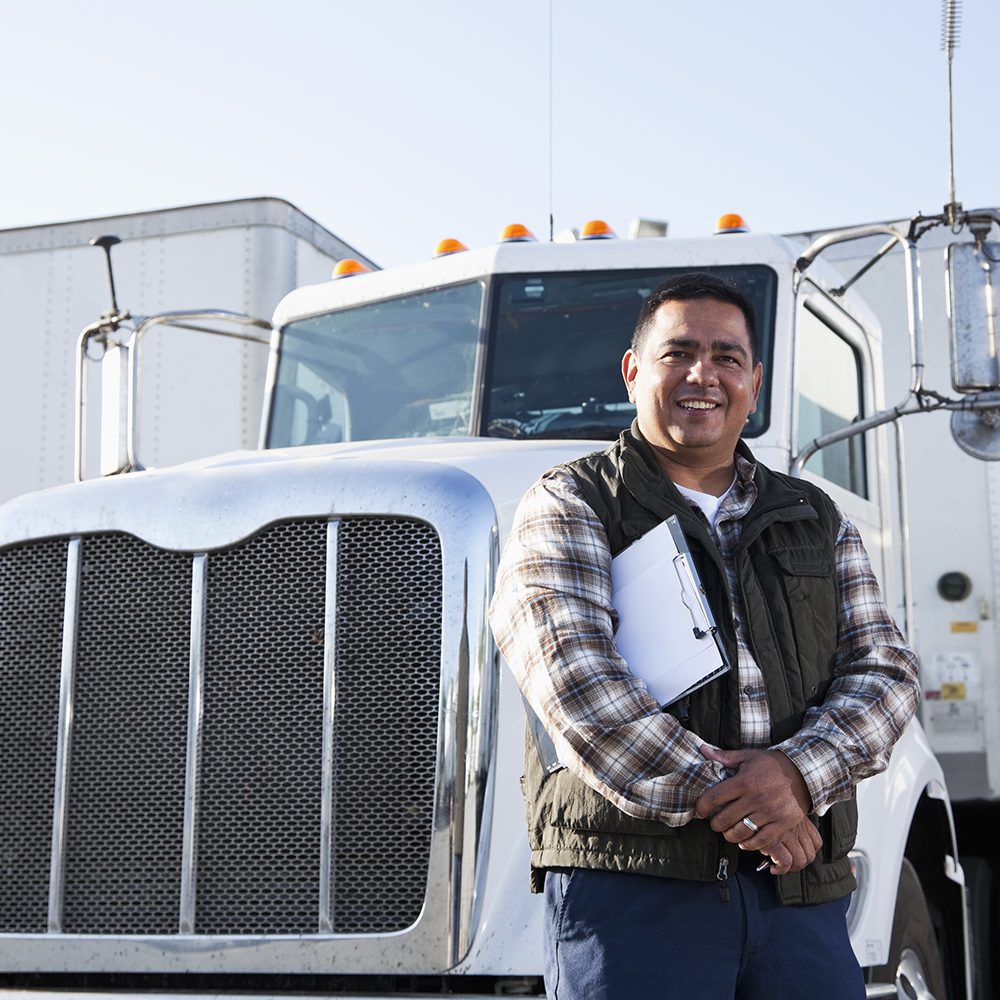
The Cost of Tolls and Their Impact on Fleets
Toll roads ensure reliable travel times and help increase road infrastructure quality. However, toll fees can quickly heighten company travel spending. Additionally, inefficient processes can make toll management a time-consuming process that costs more than necessary.
Although these fees are a routine part of life, they can quickly impact a company’s bottom line. With thousands of miles of toll roads across the nation, many fleets encounter tolls multiple times a day.
Tolls are one of the many cost factors for trucking fleets, and finding ways to mitigate these expenses can yield significant long-term savings. Discover the toll-related challenges many fleets face and how you can find a comprehensive solution to address them.
Raising Toll Rates in the United States
Toll costs vary across the country, and these amounts have increased in some locations over the past few years. Unfortunately, tolls are collectively growing nationwide. Many factors contribute to the shift in prices, including traffic volume, interest rates and inflation. The International Bridge, Tunnel and Turnpike Association (IBTTA) recently shared an outlook depicting some of these factors, highlighting the rise in prices.
Growing costs is an age-old battle, with the last several years having faced price increases. Since the 2020 COVID-19 pandemic, inflation and rising interest rates have impacted the overall cost of living, which also affected infrastructure. With higher labor costs and more expensive building materials, toll prices are rising to meet the demand.
Jumps in prices vary across states and vehicle class types. Here are some examples:
- In Pennsylvania, common tolls for Class-5 tractor-trailers will increase by just under $1.
- In Texas, several toll lanes are increasing by nearly 4%.
- A possible option for toll payments in California involves raising costs by 50 cents annually for the next five years.
Whether your fleet runs across the country or only one or two states, these price increases will impact everyone in the industry who uses toll roads.
How Traditional and Electronic Tolling Methods Affect Toll Management
One way to take control of your fleet’s toll management is by choosing the right collection method for your business. Your tolling method can significantly impact your overall spending. For example, if you consistently have late fees due to poor organization or errors in paperwork, you could be spending thousands of dollars more than necessary.
Depending on your location, you may have multiple payment options, but the two primary tolling options are electronic and traditional payment methods. Although either can be effective, you may find you can reduce errors and time-consuming processes by opting for one over the other.
Traditional Tolls
While conventional tolling is gradually becoming obsolete, some locations do still employ this method. Traditional tolling involves calculating costs by evaluating vehicle axles. Fleet drivers pay these fees directly with cash or a card. This type of tolling can be beneficial because it reduces billing discrepancies in some cases. When you can make transactions immediately, you can avoid later billing complications.
However, this method often has disadvantages, such as long lines and increased pollution from idle vehicles. Additionally, you will need each driver to keep records of their transactions, increasing physical paper loads in your administrative office. It’s no surprise that digital tolls have largely replaced their traditional counterparts.

Electronic Tolls
Electronic tolling is becoming a popular option and, in some states, the only option for many collectors and drivers. Over the last few years, we’ve seen a significant shift to these advanced digital solutions. This method allows for faster toll line movement, reduces the need for on-hand cash and allows for automatic charges.
However, fleets must identify which driver, vehicle and route corresponds with each invoice to avoid billing discrepancies. This can lead to increased administrative loads if a company chooses to complete this task independently.
Additional Risks and Problems With Tolls
Although the rise in prices and ineffective collection processes impact company spending, there are other problems and risks with toll management for many fleets. For example, many associated costs can quickly impact your bottom line. Violation fees, administration fees, late payment fees and plate read surcharges can amplify your overall spending. These surprise costs can quickly eat your profit and debilitate future spending plans.
In Orange County, California, each toll violation can cost around $60. Meanwhile, in Illinois, initial violation fees can range between $5 and $15 for commercial vehicles with the possibility to grow over time. In Georgia, violation fees start at $25 plus the cost of the toll, but drivers may pay additional fees starting at $75 if a law officer pulls them over for an Express Lanes violation.
Although these examples only focus on violations, you can see how these costs alone could quickly add up over time. Combine these fees with possible late fees or surcharges, and you can see how you may spend thousands more than you anticipate.
How Fleets Can Mitigate Toll Truck Prices
While the cost of tolls may seem overwhelming, there are some ways you can get ahead of the management process and minimize your costs. Check out these mitigation strategies:
- Timely payments: Naturally, one of the easiest ways to mitigate costs is by paying each bill on time. Although this strategy may not lower toll prices, it can help you prevent late fees and other associated costs. Whether you pay invoices as soon as they come in, have drivers pay the toll upfront where possible or create a payment schedule, be sure to craft an effective payment process.
- Enhanced visibility: Gaining visibility for your fleet is another way to mitigate toll costs. You can do so with a device to track toll costs and garner insights into spending. This solution can provide analytics and reporting, allowing you to enhance visibility and decision-making.
- A reliable payment platform provider: Finding a toll management solution with a payment platform provider is one of the best ways to mitigate toll costs. These solutions make it easier to consolidate payments, citations, violations and tracking through one platform. An efficient toll management system can organize and reduce toll transactions and collect data over time, providing valuable insights and enhancing visibility. Additionally, a reputable partner can help you lower costs and increase ROI.
Manage Tolls Effectively With Bestpass
Bestpass is your comprehensive payment platform provider. As a leader in toll management solutions, we have the industry experience, knowledge and tools to help fleets save money and time. Our solutions provide deep insights and consolidate payments, reducing administrative work and minimizing errors.
We empower fleets of all sizes to take control of toll management. With our supportive team and an in-depth tracking software solution, you can rely on us to transform your toll management process and mitigate costs. Contact us today to learn more about how you can experience these savings.


